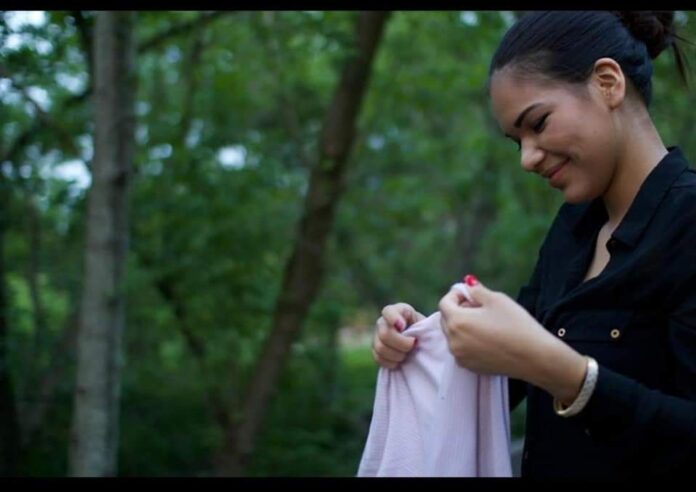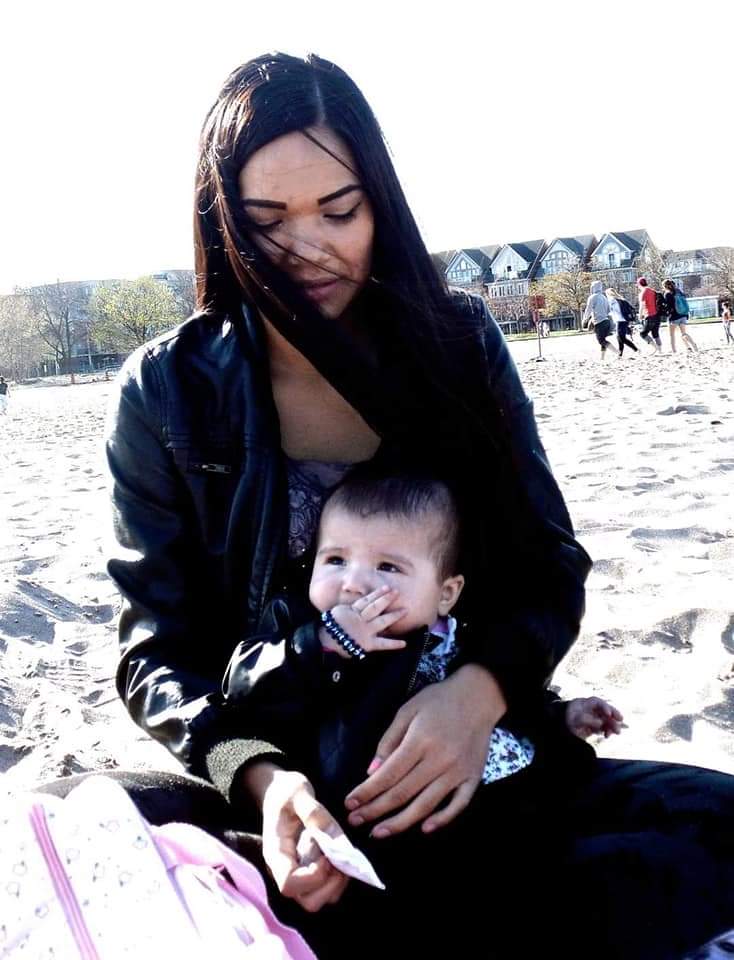
An inmate at Pine Grove Correctional Centre (PGCC) says that correctional staff have shown disregard for her health during the pandemic.
The province has denied the inmate’s allegations.
Sharise Sutherland-Kayseas alleges she was moved into a unit with newly admitted inmates who are isolated from the rest of the inmates.
“They say they have this 14 day quarantine for the intakes before they release them into the population and that’s not what they did in my case,” Sutherland-Kayseas said.
Newly admitted inmates are put in an assessment unit for 14 days where they undergo continuous COVID-19 testing, according to the Ministry of Corrections.
Sutherland-Kayseas said she started submitting complaint forms to the PGCC director late November 2020.
Other concerns she has include that the units were not being properly disinfected before placing new inmates in them.
“I said this is (a) concern to the fact that I’m (being put) at risk of getting this virus by the same people who are supposed to be taking precaution to not put me at risk, Sutherland-Kayseas said about her complaint.
The inmate has been on a hunger strike for over two weeks now. She continues to submit complaint forms as she worries about her health and safety.
Sutherland-Kayseas also believes she’s being treated unfairly by staff over her actions, alleging that doctors make snide comments about her.
“’I’m not doing anything, I’m asking simple questions like why are you guys treating me less than any other inmates her now, why are you guys doing that to me,” she said.
Sutherland-Kayseas has been trying to call advocates, lawyers and the Elizabeth Fry Society but said she has to have them added to a phone list, something she says correctional staff have yet to do for her.
A Ministry of Corrections spokesperson said that inmates would be able to call EFS as it’s considered a privileged phone call.
“I can’t contact community services that I should be able to contact, especially at a time like this I should be,” she said.
Over the phone, Sutherland-Kayseas mother, Dina Kayseas tells her daughter to be strong and that she loves her.
Dina said Sharise has illnesses and ailments. Her mother explains before Sharise went into jail, she was shot in the arm and has trouble moving and bending it now. She was also in multiple car accidents, one of which killed her cousin.
“She’s been traumatized over, and over again,” Dina said about her daughter.
Dina lives in Toronto and has Sharise’s two daughters with her.
She added that it hurts she can’t do anything .
“I can’t do anything to help them but I can keep writing and talking to senators and talking to media and making sure that the more information I share the more people are aware of what’s going on,” Dina said.

Executive director of communications for corrections, policing, and public safety, Noel Busse responded to these concerns during a teleconference on Thursday.
Busse confirmed that two inmates at PGCC are taking part in tray refusal but are drinking fluids. He said these inmates receive medical treatment and regular check ups by a doctor.
He said the inmates have access to outdoor exercise, canteen, programming and phone calls. Busse explained that one inmate is under phone restrictions meaning they have a pre-approved phone list and have the ability to make calls to their lawyer, the ombudsman or the human rights commission.
Busse stated that phone restrictions are implemented for safety and security matters and would not be put in place as a repercussion for tray refusal.
Inmates continue to have access to cultural services such as contact with elders and chaplains through free and privileged calls, Busse said.
Busse addressed concerns that Indigenous inmates were being treated unfairly compared to other inmates.
He answered that the ministry works to ensure inmates are treated fairly, a requirement of correctional staff in the code of conduct.
“We’ve specifically made it a priority to ensure correctional staff are equipped to interact with First Nations and Métis offenders in a way that’s culturally informed,” Busse responded.
All correctional officers are required to participate in a cultural awareness workshop provided in partnership with the Office of the Treaty Commissioner. Busse explained the workshop covers a number of topics including the history and culture of First Nations people, treaty relationships and contemporary treaty issues.
The ministry is also constructing cultural lodges at correctional centres across the province including PGCC.
As for allegations about spaces not being disinfected properly, Busse said he will bring the concerns forward to correctional staff but based on the information he does have, he says the allegations are incorrect.
“Corrections has implemented enhanced cleaning measures throughout the pandemic to protect the health of staff and offenders,” Busse said.
Elizabeth Fry Society trying to access PGGC
A social worker at the Elizabeth Fry Society (EFS) said the group is having issues contacting PGCC in regards to inmate concerns.
Sydney Wouters said that EFS reached out to PGCC staff on Tuesday and have followed up everyday since. The PGCC has not responded, she said.
“There’s a bit of a communication breakdown between us and the institution currently that we are trying to resolve,” Wouters explained.
Wouters said concerns EFS has heard include inmates not having access to adequate cleaning supplies in a timely manner and inmates having to reuse masks.
A previous statement from the Ministry of Corrections said that inmates are provide with new masks when necessary.
The EFS wants to be able to visit the correctional facility in-person to “ensure that all human rights are being met.”
In-person visits have been suspended as part of COVID-19 precautions.
“Some women have expressed concerns about speaking about their concerns over the phone as those are recorded,” Wouters said.
When inmates meet with EFS staff in-person, conversations are not recorded.
If inmates wish to make a private call that’s not recorded to their lawyer or a group such as the EFS, they can request a professional call.

